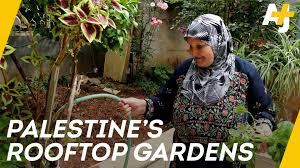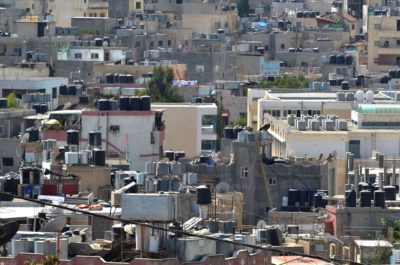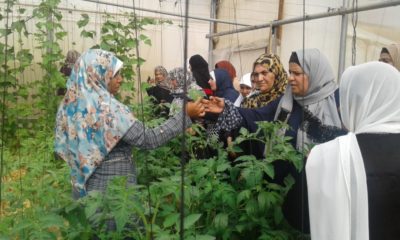
Breaking News
The Criminality Buried In The Epstein Files Is Worse Than Anyone Thought,...
 A Critical Review of Impacts of Greenhouse Gas Emissions on the U.S. Climate
A Critical Review of Impacts of Greenhouse Gas Emissions on the U.S. Climate
 The Great Reject is Upon Us! - #SolutionsWatch
The Great Reject is Upon Us! - #SolutionsWatch
 Google is issuing a call to action:
Google is issuing a call to action:
Top Tech News
 Drone-launching underwater drone hitches a ride on ship and sub hulls
Drone-launching underwater drone hitches a ride on ship and sub hulls
 Humanoid Robots Get "Brains" As Dual-Use Fears Mount
Humanoid Robots Get "Brains" As Dual-Use Fears Mount
 SpaceX Authorized to Increase High Speed Internet Download Speeds 5X Through 2026
SpaceX Authorized to Increase High Speed Internet Download Speeds 5X Through 2026
 Space AI is the Key to the Technological Singularity
Space AI is the Key to the Technological Singularity
 Velocitor X-1 eVTOL could be beating the traffic in just a year
Velocitor X-1 eVTOL could be beating the traffic in just a year
 Starlink smasher? China claims world's best high-powered microwave weapon
Starlink smasher? China claims world's best high-powered microwave weapon
 Wood scraps turn 'useless' desert sand into concrete
Wood scraps turn 'useless' desert sand into concrete
 Let's Do a Detailed Review of Zorin -- Is This Good for Ex-Windows Users?
Let's Do a Detailed Review of Zorin -- Is This Good for Ex-Windows Users?
 The World's First Sodium-Ion Battery EV Is A Winter Range Monster
The World's First Sodium-Ion Battery EV Is A Winter Range Monster
 China's CATL 5C Battery Breakthrough will Make Most Combustion Engine Vehicles OBSOLETE
China's CATL 5C Battery Breakthrough will Make Most Combustion Engine Vehicles OBSOLETE
Rooftop Farms: Palestinian Women's Last Stand In The Fight To Keep Their Cultural Heritage Alive

It is no question that in every war, casualties are inevitable and aside from the loss of life and property, certain freedoms that we enjoy can be taken from us at a blink of an eye. In a small camp in Israel occupied West Bank, Palestinian women are now fighting to keep an essential and important part of their culture that was taken from them as a result of the Israel-Palestine Conflict: Farming.
In 1967, after the 6-day war between arab nations and the state of Israel, the latter took control of an area bordering the river Jordan called the West-Bank. This military occupation of Palestinian territory resulted in the displacement of families, forcing them to leave their lands and their way of life.

Source: https://staticv3.972mag.com/
The West Bank has a total land area of 2,173 sq. mi with mostly rugged terrain and little natural resources other than fertile land which make up 27% of the land area of the region. It is this fertile land that has sustained Palestinian communities in the past, using it as permanent pastures and farm lands for seasonal crops, essentially making farming integral to their culture and heritage.

Source: https://www.globalgiving.org/
In the Aida Refugee Camp, women have found creative ways to keep their farming alive as a means to sustain them in the absence of economic means, and more importantly, as subtle defiance against Israel and its occupation of their territories in the hopes of keeping their cultural identity alive.
In a video posted in the Facebook page AJPlusenglish, women are seen tending to rooftop gardens as they share their heartbreaking stories of grief and hardship while living in exile. But, amidst their struggle, the blooming gardens are testament that their hopes remain alive.



